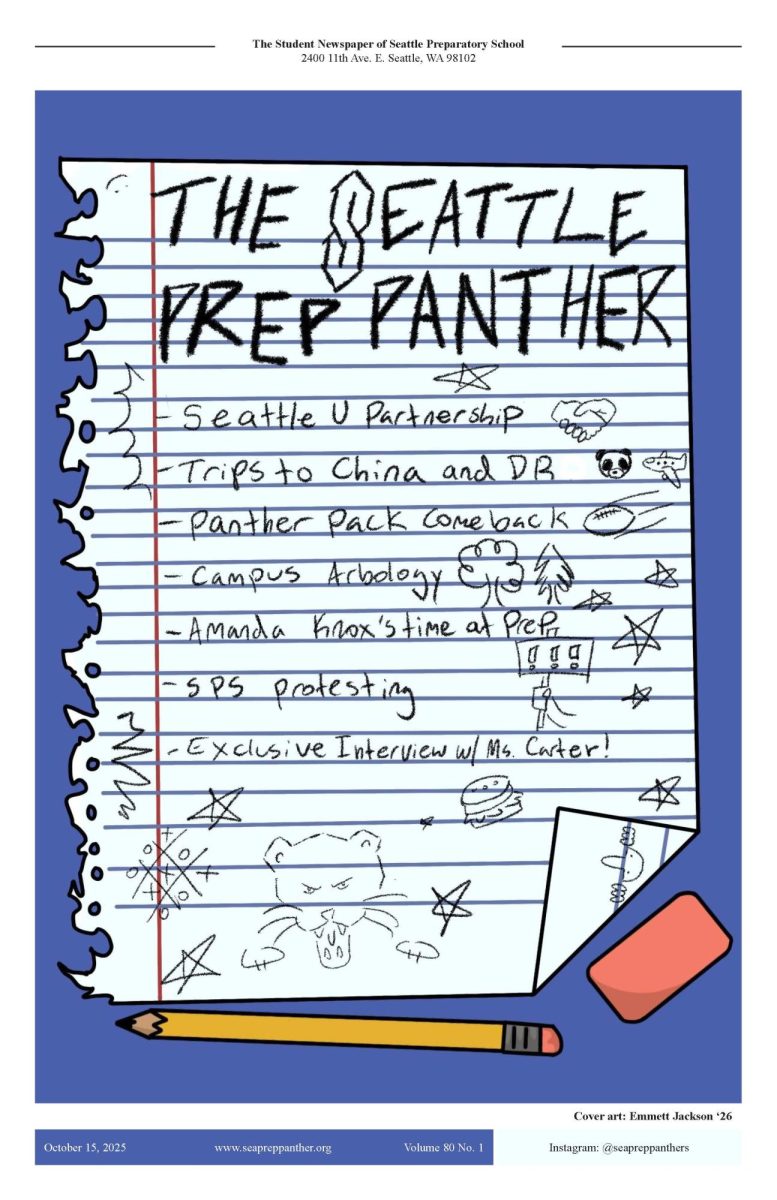Note: The following article was written as part of the 2024 Washington Journalism Education Association State Contest. Students listened to and asked questions in a live keynote panel presentation on the use of AI in Journalism, then students had 70 minutes to write an article about the panel presentation.
This article in the News Feature category was awarded “Excellent”
Star Wars, Star Trek, Avengers. All are pieces of media that cover the evolving topic of artificial intelligence. Although humans do not quite have the striking technology that Tony Stark might use, there are bits and pieces of AI that have become intertwined in today’s society; specifically in the journalism and news writing industry.
People indulge in the daily breaking news or in the feature section of their local newspaper to be informed and entertained about the happenings of the world. Consistent advancements in generative AI information have led journalists astray in their writing; feeding them false information that ultimately removes the purpose and the art of journalism.
Four expert journalists spoke regarding their opinions on the matter at Arlington High School on March 9th, 2024.
Alan Boyle, a science and aerospace writer and editor for GeekWire, spoke on the detrimental effects of what is called “hallucinations”. Hallucinations essentially are the false pieces of information that are presented as truths and are fed to those seeking honest facts on platforms such as ChatGPT.
“We have to keep our guard up as journalists to make sure that we are actually presenting what the reality is instead of a hallucination.” Said Boyle.
FOX 13 Seattle segment producer, Mariah Valles, spoke about the influence that AI has not only on the content and information presented in an article but on the character and voice that journalistic articles so often contain. Valles values the conversational and overall human aspect of news writing. Although robots are able to produce entire articles at lightning speed, Valles highlights that at the end of the day, “it’s never going to be a human.”
“If you lose your storytelling, you lose everything,” said Valles.
Brett Atwood, the associate professor of practice for the Edward R. Murrow College of Communication at Washington State University and a former online journalist, shed light on the “bright side” of AI in journalism. According to Atwood, AI can be beneficial in organizing notes and in brainstorming interview questions. However, he also mentioned that the “dark side” outweighs the bright.
All things considered, AI has had damaging effects on the journalism industry and will likely continue to. With AI evolving, it is hard to say which direction it will move to and how it may affect other aspects of today’s society.
Who knows? Maybe one day AI will allow humans to live out their Star Wars dreams in an intergalactic society.






